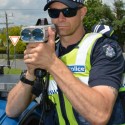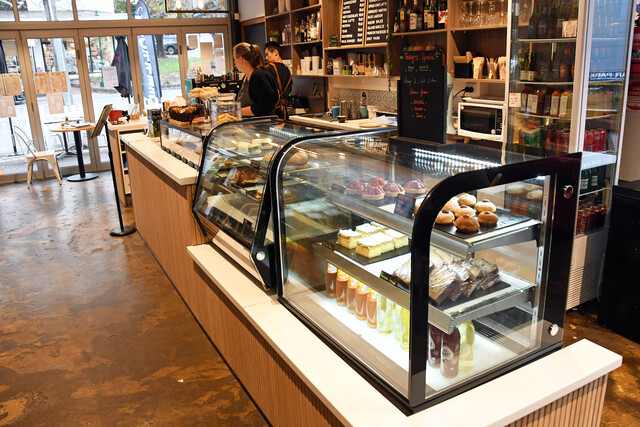By JESSE GRAHAM
YARRA Ranges Highway Patrol’s sergeant has called on drivers to be more aware of the risks of driving under the influence of drugs, as police begin eight months of operations.
Highway Patrol Sergeant John Morgan told the Mail last Friday that October will mark the beginning of eight months of police operations, with various driving offences to be targeted until May.
The first of these will be Operation Pincer, where covert and marked police motorbikes will patrol “rat runs”, or back roads which motorcyclists often travel dangerously.
“They’ll be doing the rat runs, where some of the motorcyclists are now avoiding the main arterial roads, like the Reefton Spur and the Black Spur, and are going on to Myers Creek Road and Chum Creek Road – and, unfortunately, our collisions are increasing in those areas,” Sgt Morgan said.
While the operation will focus on motorcyclists, Sgt Morgan said anybody caught breaking the law “will be snaffled as well”.
Following this will be Operation Osborn, where police will target people driving under the influence of drugs or alcohol – or both.
Sgt Morgan said that Yarra Ranges Highway Patrol officers began training in April to drug-test drivers – previously, only State Highway Patrol or booze bus police officers were able to conduct the tests.
Since then, he said 108 people had been caught driving in the Yarra Ranges on drugs, with one officer, Leading Senior Constable Aiden Williams, catching 36 of these drivers alone.
Sgt Morgan said of the 108, roughly 10 had been caught with marijuana and methamphetamine (ice) in their system – the others were roughly split down the middle, returning positive tests for one of those two drugs.
“Ice is a huge issue, mate,” he said.
“One of my blokes pulled over a P1 (probationary) driver, and she got charged with drug driving – and she just freely admitted ‘I took ice on Saturday night when I was out, and I didn’t realise I couldn’t drive.’
“Ice stays in the system – it doesn’t evaporate in 12 hours.”
First-time drug driving offenders will receive a $450 fine and lose their licence for three months on-the-spot, but Sgt Morgan said the consequences could be far more severe.
Using a hypothetical example of a fatality, involving a four-wheel-drive and a Holden Barina, Sgt Morgan said having drugs in a driver’s system immediately brought harsher legal consequences.
“The four wheel drive driver, he’s fine, he’s walking around, and the Barina driver’s dead – we would drug test as well as alcohol test that driver,” he said.
“If he comes up with methamphetamine in his system, he’s going to get charged with culpable driving and he’s going to jail – I don’t think people realise how serious it is.
“Even if they don’t worry about their licence, even if they don’t worry about their fines … apart from the grief and everything else they go through, they’re going to jail.”
Police also notify insurance companies if a driver has tested positive to drugs or alcohol, which immediately voids any potential claims.
“If they’re driving a $100,000 car, that’s $100,000 they’ve got to find, because they’re not covered,” Sgt Morgan said.
“There’re so many facets to this, and I don’t think people see it.”
Other police operations include Operation Step, where low-level speeding will be in the crosshairs.
“I think there’s been this misconception that people in a 60 zone can drive at 70 (kilometres per hour),” Sgt Morgan said.
“We’re just trying to knock that on the head.”
The annual Summer Stay operations are expected to begin in November and December, targeting speed and safety offences, such as using a mobile phone while driving.
Sgt Morgan said mobile phones were often the cause of rear-end collisions, due to driver distraction, and warned drivers that using a phone could be as simple as checking the time while stopped at traffic lights.
Being caught using a mobile phone while driving carries a fine of $455 and four demerit points – nearly all of the points that a probationary driver has on their licence.
Sgt Morgan said there had been 12 fatal crashes by 13 September this year in the Division 2 area of Yarra Ranges, Knox and Maroondah, compared to 11 recorded by the same time last year.
However, serious injury crashes were down 20 per cent, with 170 recorded this year, compared to 214 by the same point last year.







